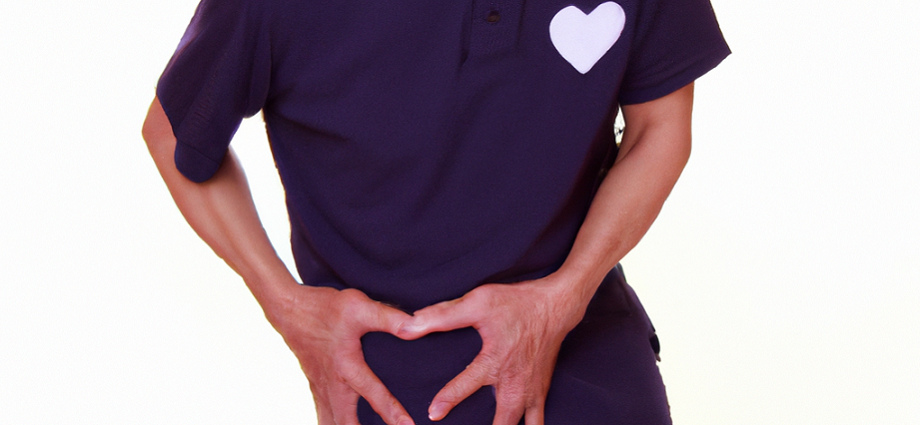How do you Know if you Have Hemorrhoids
Millions of people worldwide are affected by the common condition of hemorrhoids. Yet, despite being so prevalent, many individuals often struggle to recognize the symptoms and seek treatment. If you’re wondering “how do you know if you have hemorrhoids,” it’s important to understand the signs and symptoms, as well as the available treatment options. Understanding … Read more





